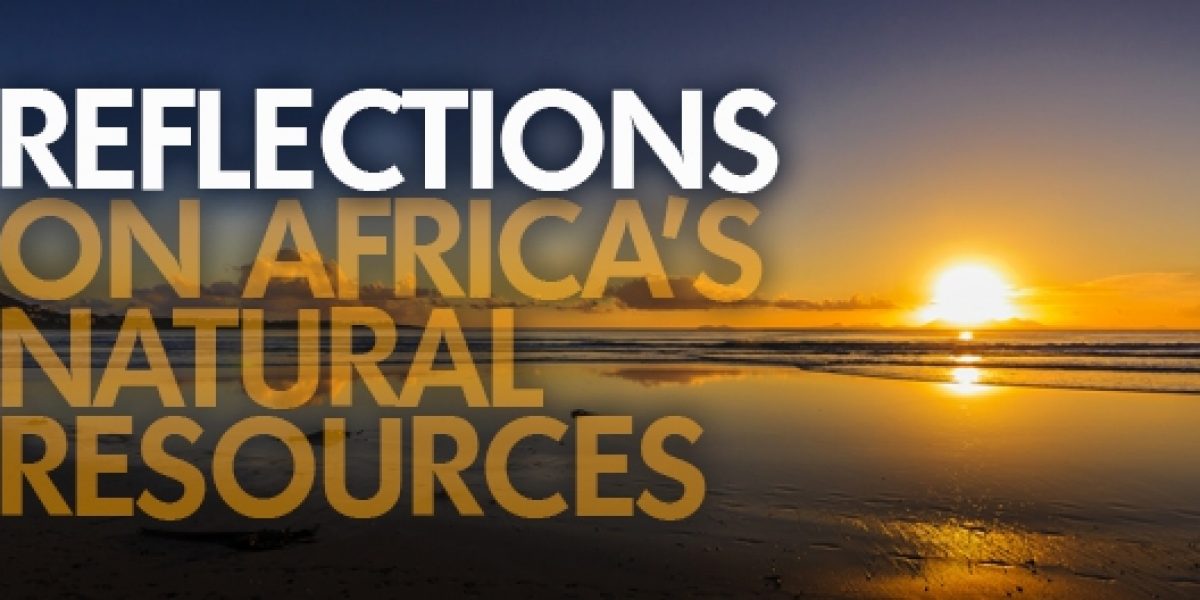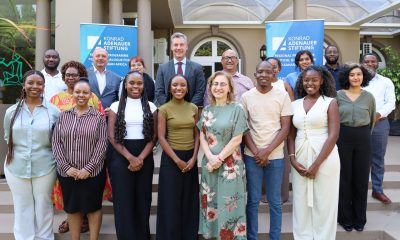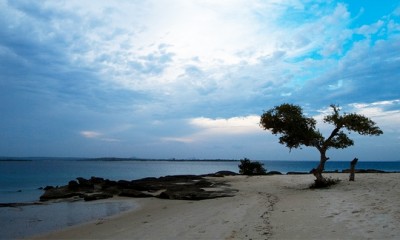This encapsulates a key overarching lesson that has emerged from the recently-concluded second research phase (2010-2014) of SAIIA’s Governance of Africa’s Resources Programme (GARP).
Resource abundance – whether minerals and hydrocarbons or commons resources such as forestry and fisheries – does not guarantee inclusive and sustainable economic performance. The ascendant ‘Africa Rising’ perspective is also eliciting renewed interest in the role that the continent’s natural resources could (and should) play to foster sustainable growth.
Novel policy and research agendas have thus been proliferating, linking traditional resource governance concerns to newer hybrid agendas such as in the areas of infrastructure development and regional integration; economic linkages, diversification and industrial policy; addressing social inclusion and overcoming fragility; as well as harmonising emergent growth models with conservation goals and a green economic transition.
For a clearer understanding of where resource governance in Africa is headed, it is important to reflect on where we have come from. How can the research and policy lessons of recent years help inform a dynamic, Africa-led research agenda of the future which will support greater African agency and more responsive forms of extractive management and development on the continent?
As part of this reflection, SAIIA’s GARP team has produced a series of synthesis briefings, which present concise lessons learnt over the past years and help establish the research baselines on extractive governance debates and challenges at the cusp of GARP’s Third Phase research cycle (2014-2017).
The governance architecture for Africa’s extractive sectors requires careful reflection to avoid duplication, writes Dr Ola Bello, the GARP Programme Head. Streamlining disparate initiatives and bolstering implementation capacity are key focus areas if the new African Mining Vision (AMV) and its implementing arm, the African Minerals Development Centre (AMDC), are to gain traction. Dr Bello’s brief argues that ground-level research by African institutions should play a greater role in shaping African-inspired governance frameworks, which would enhance their legitimacy and therefore improve their probability of success. Drawing on the wisdom of forerunner frameworks is also critical. Targeted strategic partnerships, careful distillation and application of current research lessons, promoting experience-sharing platforms and mapping intra-African competencies and capabilities are other key recommendations.
Africa is endowed with a vast array of mineral resources, yet remains poor by most measures, writes research fellow, Ross Harvey. This paradox persists despite recent high economic growth rates. If mineral resources are to contribute to inclusive and sustained growth, four key interventions are necessary. First, policy stability is necessary for attracting investment in the extractive industries, without which growth is impossible. Second, better research is required at country level to understand the context-specific incentive structures faced by various actors in mining. Third, labour and mining policies need to be coherently integrated to ensure a fairer deal for all stakeholders. Recurrent strikes on South Africa’s platinum belt provide a stark lesson in this respect. Fourth, trust between key stakeholders is a critical ingredient for ensuring more inclusive development outcomes from extractives.
On the management of Africa’s natural ecosystems, senior researcher Romy Chevallier finds that although progress has been made to better value and manage our ‘global commons’, human pressures and economic activities compromise their resilience and erode their capacity to deliver vital ecosystem services. Decision-makers often possess too little understanding of the extent to which these services contribute to the wellbeing of their constituents. For this reason, the briefing analyses diverse mechanism that can promote better understanding of ecosystem services, as well as proposing specific tools to minimise trade-offs between environmental, social and economic benefits. It further offers a number of policy recommendations on how these tools and mechanisms – including GIS mapping and strengthened EIAs for assessing potentially destructive projects – can help advance sustainable development.
African fisheries governance is dominated by a discourse of unrealised potential and crisis, yet it is important to recognise that progress is being made on various fronts, according to senior researcher Alex Benkenstein. Significant direct threats exist to fishing stocks, such as illegal fishing and over-fishing. Climate change and pollution have an indirect effect through eroding ecosystem health. There is often a marked disjuncture between fisheries policies and the real-world dynamics of both industrial and small-scale fisheries. In recent years, however, political will to combat illegal fishing appears stronger and is being complemented by investments in necessary regulatory tools. Benkenstein traces some of the recent governance developments across a number of African countries and identifies central dilemmas that will continue to inform policies and efforts to strike a balance between development, sustainability and transformation in the sector.








